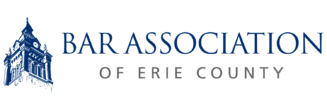A study focused on the work of Say Yes Buffalo, “Building Impact: A Closer Look at Local Cross-Sector Collaborations for Education,” was completed by four researchers from the Columbia University Teachers College in December 2019. That study, commissioned by the Wallace Foundation, examined the collaborative, “cross-sector” nature at the heart of organizations like Say Yes Buffalo as a new model for educational growth. The work of Say Yes Buffalo is cross-sector by nature, relying on its collaborative partnerships with Buffalo Public Schools, the City of Buffalo, Erie County, partners in higher education, New York State, private philanthropy, labor unions, students, and parents.
The report, which studied Say Yes Buffalo and seven other education-adjacent organizations between 2015 and 2017, concluded that while the impact of such efforts remain unclear, there “are enough indicators of good things happening that the waning of the movement would represent a loss.”
“It’s a fair assessment,” Rust said of the report. “It’s hard to move systems-level outcomes in a short amount of time. This is meant to be a long-term systems change.”
Crucially, the report emphasized the success Say Yes Buffalo has had so far “in implementing a full menu of intended support services” for students, in impacting graduation rates and having a “positive effect on student persistence and success in college,” and by offering an “ambitious approach to postsecondary education in providing a last-dollar college scholarship incentive, transition programs for new college students, and other services to encourage student retention.”

